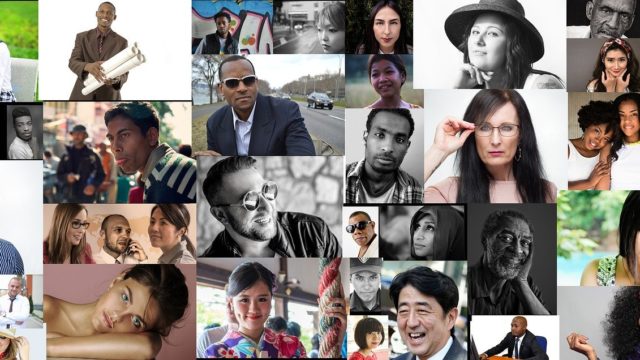The statistical models used to estimate the number of coronavirus infections, and resulting deaths, assumed that only about half of the U.S. population would follow the physical distancing guidelines. Surprisingly the vast majority of Americans took heed. As a consequence, the predicted number of deaths is projected to be about one-tenth of what the models predicted. The question is why? Why did so many fellow citizens follow what is essentially the opposite tendency that drives human social behavior? Why were Americans who value their independence and freedom so compliant at following the guidelines? How were we able to give up our treasured sports, entertainment, shopping, churches, and other activities that represent the essence of who we are?
One obvious answer is that we faced a life and death situation unlike any we’ve encountered in the recent past. Nothing focuses the mind as much as our imminent demise. A disease that is highly contagious, deadly, essentially everywhere, and for which we have no cure is terrifying. Undoubtedly, the coronavirus pandemic scared the bejesus out of us. A less obvious answer is that we actually learned lessons from other countries. Perhaps not so much from China, where it all started, but from Italy, which is more similar to our culture and was devastated. It was frightening to watch the Italian health system be overwhelmed with covid-19 cases and the accumulating death count.
But the least obvious explanation is that for one brief moment we recognized our shared humanity. In a blink of an eye we realized our true nature, that we are all connected and that what you do affects me and vice versa. While most of the other factors focused our mind on the problem, it was the realization of our common humanity that produced the promising results. And although it is painful to lose so many, in the end we remain focused and committed as one. This singular moment in our history made the traditional motto of the United States come to life: E pluribus unum –”Out of many, one.”
It is my hope this learned experience remains fresh in our minds for a long time. If it does, it has the potential to radically change us for the better.

